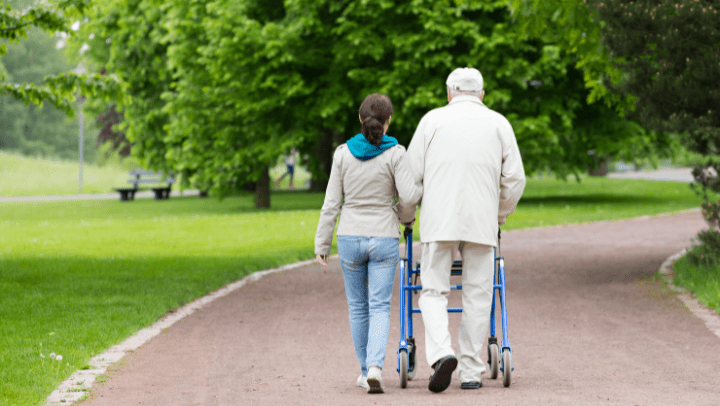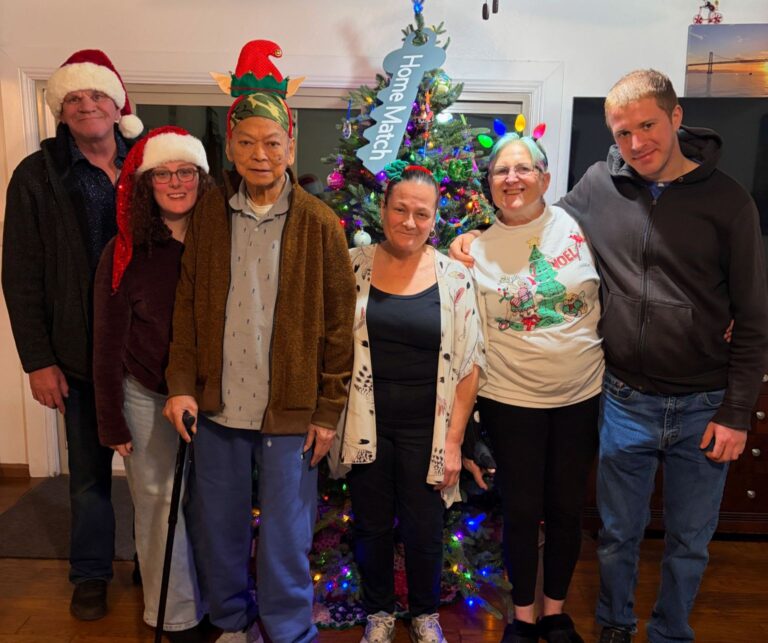August 11, 2024
Enhancing Connections: Nurturing Strong Caregiver-Resident Relationships in Assisted Living in Palo Alto, CA

Understanding the Importance of Caregiver-Resident Relationships in Assisted Living
As you or a loved one consider transitioning to assisted living in Palo Alto, CA, one of the most critical factors is the quality of the relationships between the caregivers and the residents. These connections are the foundation upon which the overall well-being and satisfaction of the residents are built. The caregiver-resident relationship is more significant in an assisted living environment, where individuals often require additional support and care.
Fostering solid and meaningful relationships between caregivers and residents can profoundly impact the daily lives of those in your care. These connections go beyond mere physical assistance; they encompass emotional support, companionship, and a sense of security that can significantly enhance the quality of life for residents.
The Impact of Strong Caregiver-Resident Relationships on Resident Well-Being
- Improved emotional well-being and reduced feelings of loneliness or isolation.
- Enhanced physical health outcomes, as they are more likely to engage in their care and adhere to treatment plans actively.
- They feel more autonomy and control over their lives as they feel empowered to voice their needs and preferences.
- Increased satisfaction with the overall quality of care and their living environment.
- A greater willingness to actively participate in their care and rehabilitation leads to better overall outcomes.
- Increased engagement in social activities and a greater sense of community within the assisted living community.

Challenges in Developing and Maintaining Caregiver-Resident Relationships
Despite the recognized importance of caregiver-resident relationships, various challenges can hinder their development and sustainability. Some of these challenges include:
- Communication barriers: Language differences, cultural backgrounds, or cognitive impairments can sometimes create communication challenges between caregivers and residents. Overcoming these barriers requires a concerted effort from both parties, as well as the support of the assisted living community.
- Resident resistance or hesitation: Some residents may be hesitant to form close relationships with their caregivers, either due to past experiences, personal preferences, or a desire to maintain their independence. Overcoming this resistance requires patience, empathy, and a gentle approach from the caregiving team.
The Role of Communication in Nurturing Caregiver-Resident Relationships
Effective communication is the cornerstone of solid caregiver-resident relationships. By prioritizing clear, empathetic, and responsive communication, assisted living communities can create an environment that fosters genuine connections and understanding between caregivers and residents.
- Active listening: Caregivers who actively listen to residents, taking the time to understand their concerns, preferences, and personal histories, can build a deeper trust and rapport. Listening to residents can help caregivers provide more personalized and meaningful care tailored to the individual’s needs.
- Empathetic communication: Caregivers who approach interactions with empathy, compassion, and a genuine interest in the resident’s well-being can create a more supportive and nurturing environment. Empathetic communication can help residents feel heard, understood, and valued, which is essential for the development of solid caregiver-resident relationships.
- Responsive and transparent communication: Caregivers who are responsive to resident concerns, questions, and feedback and who communicate openly and transparently about care plans and any changes can help build a foundation of trust and collaboration. Residents who feel informed and involved in their care are more likely to engage actively with their caregivers and the assisted living community.
- Nonverbal communication: Caregivers mindful of their body language, tone of voice, and facial expressions can convey a sense of warmth, approachability, and attentiveness that can enhance the caregiver-resident relationship.
The Importance of Investing in Caregiver-Resident Relationships in Assisted Living Communities
At Webster House, we believe that the most essential aspect of our care is the relationships we build with our residents. These relationships form the foundation upon which their well-being and quality of life are built. Beyond providing physical care, we strive to create a supportive and nurturing environment where residents feel valued, understood, and connected.
By prioritizing the development and maintenance of caregiver-resident solid bonds, we can unlock numerous benefits for our residents. These include improved physical and mental health, enhanced social engagement, and a greater sense of autonomy and control over their lives. Our dedicated caregivers are committed to fostering a sense of belonging, trust, and mutual respect. When residents feel cared for and supported, their overall well-being flourishes.
To learn more about how Webster House can provide a caring and fulfilling living experience for your loved one, please call (650) 327-4333.
Read Our Front Porch Blogs

Front Porch Podcast – Episode 4: Who Shall Live? Growing through Grief (Part 1)

Beyond our walls: strengthening community

